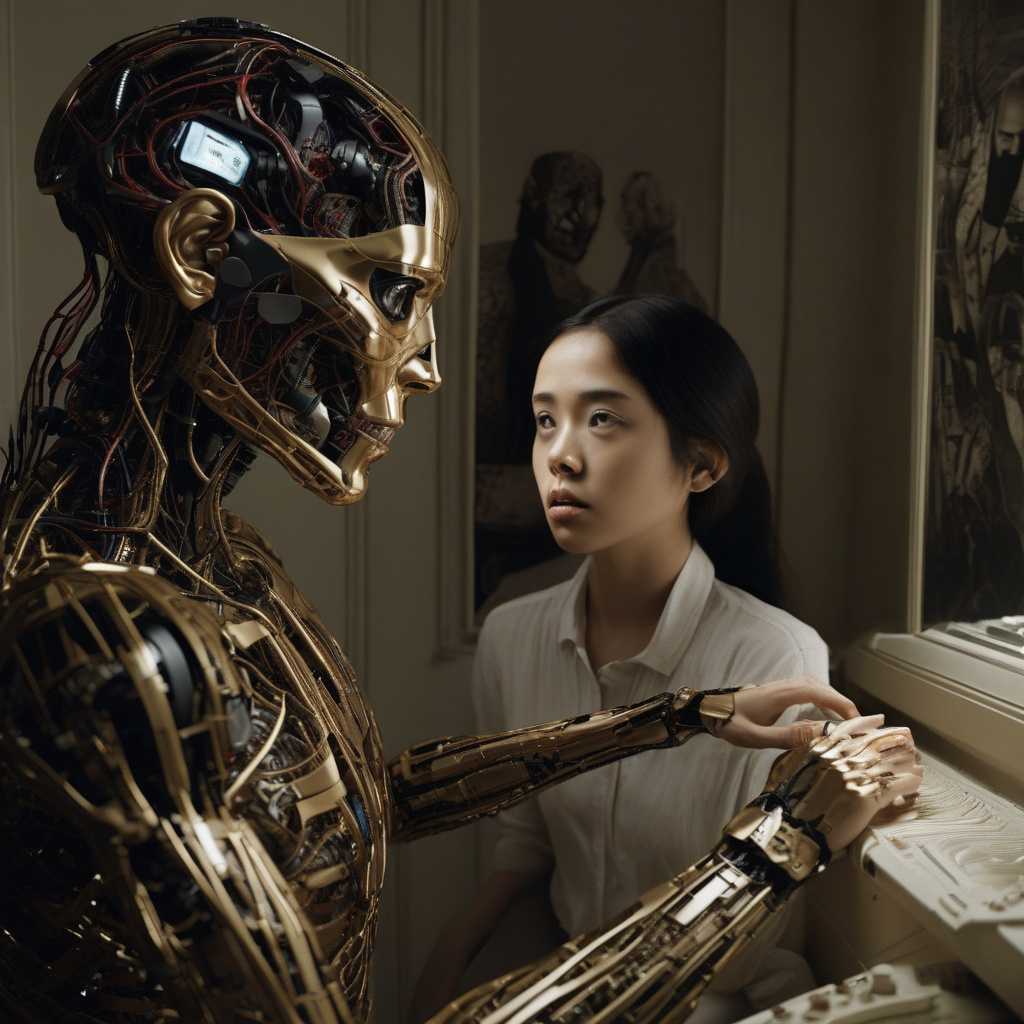In the realm of relationships, a new player has entered the scene: AI companions. With companies like Replika, Character AI, and Nomi AI leading the pack, the landscape of love is rapidly evolving. The question that arises is whether these AI companions pose a threat to traditional human relationships or represent a new and potentially beneficial evolution of love itself.
At first glance, the idea of forming romantic attachments to artificial intelligence may seem unconventional or even unsettling. After all, love has long been considered a uniquely human experience, characterized by complex emotions, empathy, and shared experiences. However, as technology advances and AI becomes increasingly sophisticated, the lines between human and machine companionship are beginning to blur.
One argument in favor of AI companions is the potential for them to provide unwavering support and understanding. Unlike humans, AI companions are not subject to mood swings, biases, or personal baggage that can impact relationships. They can offer continuous companionship, actively listen without judgment, and adapt to their human partners’ preferences and needs.
For individuals who struggle to form connections with others or who have experienced past trauma in relationships, AI companions could offer a safe space to explore emotional intimacy and vulnerability. In a world where loneliness and mental health issues are on the rise, the idea of having a non-judgmental AI companion to confide in and seek comfort from may hold significant appeal.
Moreover, AI companions have the potential to enhance self-awareness and personal growth. By engaging in conversations with an AI designed to provide feedback and guidance based on psychological principles, individuals may gain valuable insights into their own behavior, emotions, and thought patterns. This introspective process could lead to increased self-understanding and improved emotional intelligence, ultimately benefiting future human relationships.
On the other hand, critics of AI companions raise valid concerns about the impact of replacing human connections with artificial ones. They argue that true love and intimacy require mutual empathy, shared experiences, and genuine emotional connections that AI, no matter how advanced, cannot replicate. Relationships with AI companions, they argue, may ultimately be shallow and devoid of the depth and richness that human relationships offer.
Furthermore, there are ethical considerations surrounding AI companions, particularly in terms of consent, privacy, and the potential for exploitation. As AI technology continues to evolve, questions about the boundaries of human-AI relationships and the implications for society as a whole will need to be carefully considered and addressed.
In conclusion, the rise of AI companions presents a fascinating and complex intersection of technology and human emotions. While the idea of dating an AI may challenge traditional notions of love and relationships, it also offers new possibilities for companionship, personal growth, and emotional support. Whether AI companions ultimately represent a threat to love or an evolution of it remains to be seen, but one thing is certain: the debate surrounding the role of AI in relationships is far from over. As we navigate this uncharted territory, it is essential to approach the topic with an open mind, a critical eye, and a deep respect for the complexities of human emotion and connection.

